A previously banned Warhammer 40k player was pulled from the LSO but then popped up at the LVO. Here’s the latest on redemption, cheaters, trolls, and transparency in events.
Updated on October 7th, 2025, by Rob Baer with the latest from Las Vegas Open 12
William Abilez is a previously suspended Warhammer 40k player who served a full one-year ban for cheating. They were allowed back into the tournament circuit… until they weren’t. Then they popped up LVO 12 and played six games, and Reddit had a lot to say about it.
Here’s the latest Warhammer 40k cheater saga to hit the community in 2025.
Accused 40k Cheater Plays at Las Vegas Open 12

Many players felt it was a bad look for Frontline Gaming to allow someone with a known cheating history to compete again at one of the biggest events in Warhammer 40k.
FLG uses a suspension system rather than permanent bans, meaning players caught cheating can return after a set time.
Critics say that the approach lets repeat offenders slip back into the top tables, while defenders argue it keeps things fair and gives people a chance to learn from their mistakes.

The conversation quickly spread across Reddit, with players sharing concerns about how these policies affect tournament integrity and scoring, referencing previous controversies like the Lone Star Open.
We reached out to Frontline Gaming for comment, as they have not yet responded to the issue.
Lost Spot at LSO Warhammer 40k Tournament
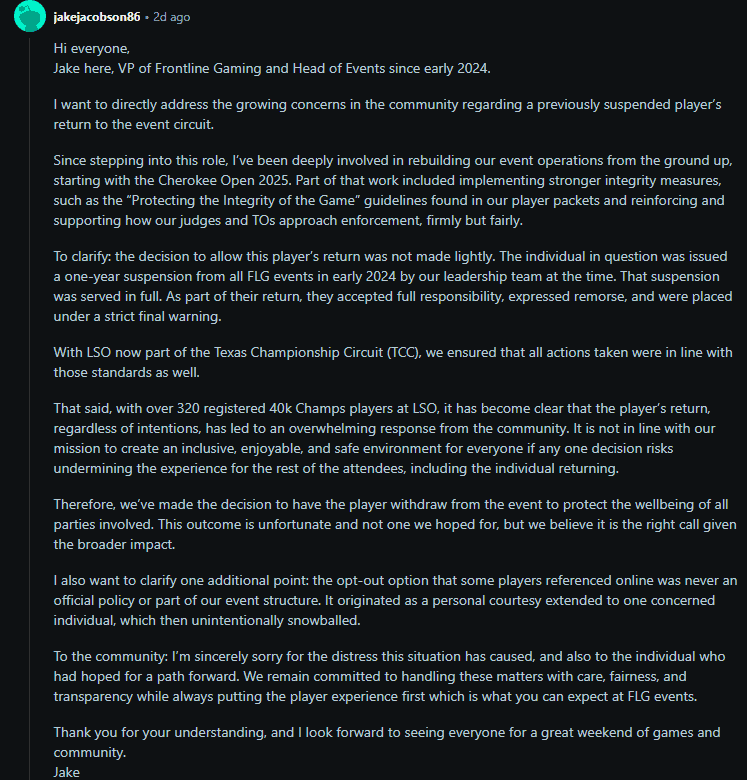
That lined up with FLG’s new “Protecting the Integrity of the Game” policy, meant to keep the events competitive and fair without turning into witch hunts.
Then the internet happened.
The LSO Fallout

Not because they broke another rule. Not because they violated their terms. Just because the player base didn’t want them there. It seems like no one wants cheaters in games.
FLG’s statement made it clear: their mission is to maintain a safe, inclusive, and enjoyable space for everyone. And when one person’s presence starts to overshadow the whole vibe, it’s time to reassess.
Fair? Depends on who you ask.
A Community Torn
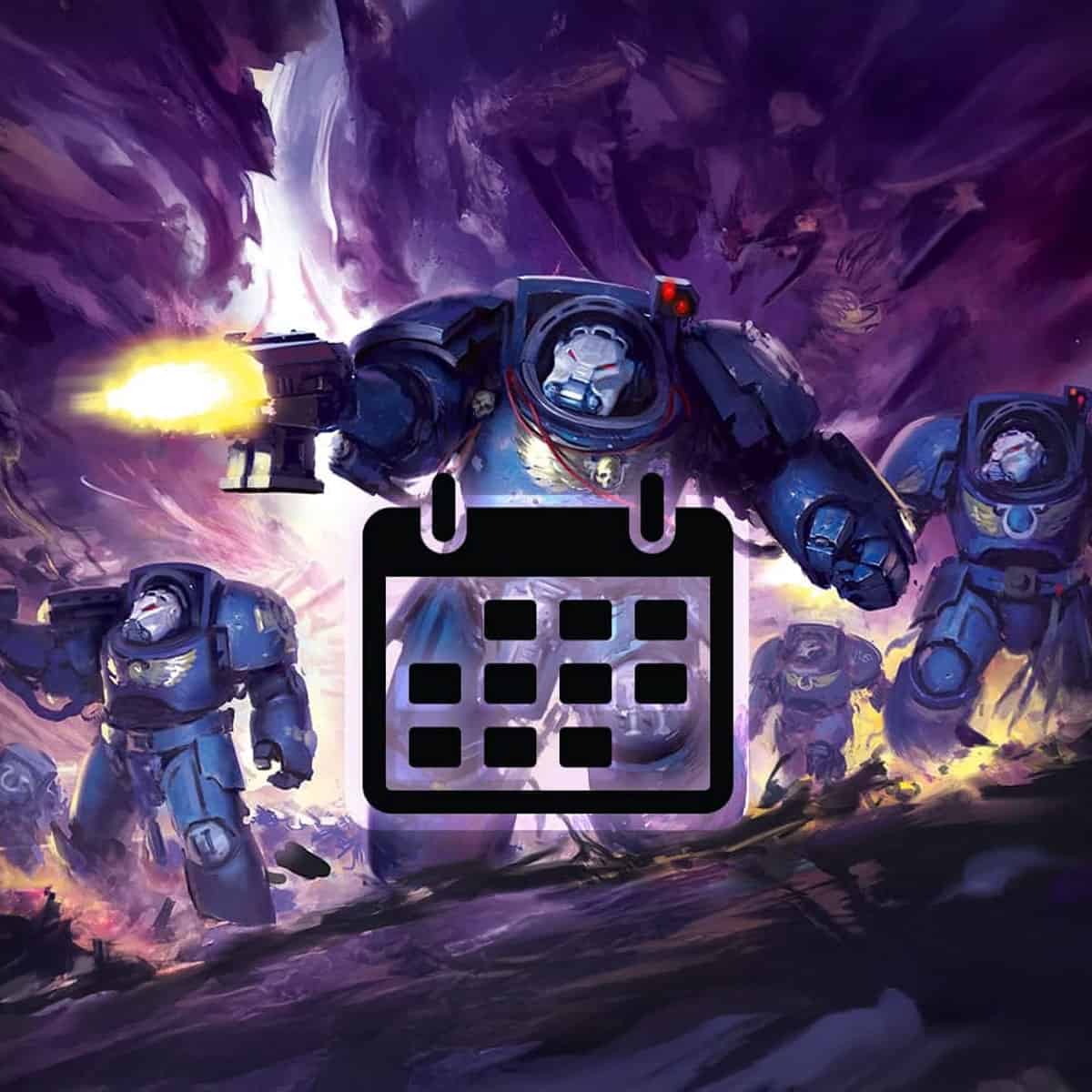
So what’s the issue?
First, people don’t want to play against known cheaters. But, if those players follow FLG’s ruling and try to reform, should they be given another chance?
Then, it turns out one player was given a courtesy “opt-out” so they wouldn’t have to play against the returning cheater. That off-the-books move spread fast online, snowballing into a narrative that FLG had created a secret blacklist system. They didn’t, but that didn’t stop the salt.
Now you’ve got players asking the obvious:
- Why was one person granted an exception?
- Does that compromise competitive integrity?
- If bans have end dates, what’s the actual path to redemption?
Valid questions, all of them.
The Opt-Out That Opened a Can of Grots
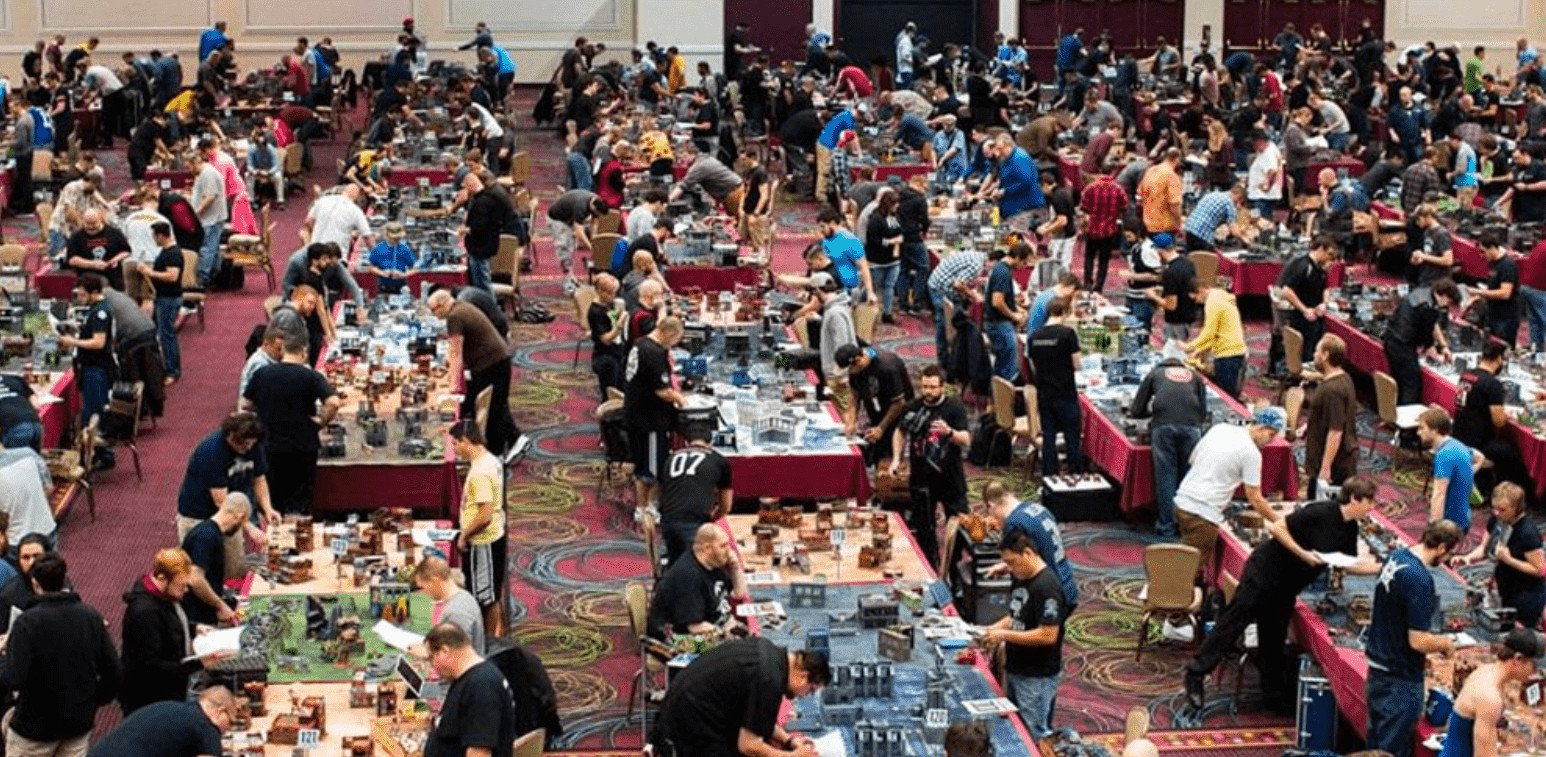
Giving one player the power to avoid a matchup while the rest of the field plays by standard pairing rules? That’s not a great look. It blurs the lines between fairness and favoritism, and it doesn’t help anyone feel confident in the TO’s neutrality.
And yet, there’s a bigger conversation lurking beneath this: how do we, as a community, handle redemption?
Cheaters, Consequences, and Second Chances
Plenty of players chimed in with a more balanced take: cheating sucks, but people change. One community comment nailed it: “Some players who screw up, can and do rehabilitate.” But that only works if the organization has clear, upfront policies about how and when someone gets back in.
And to be fair, Jake admitted this in the statement. There was no intent to hide anything, but the lack of structure left a vacuum, and the internet hates a vacuum.
Where Things Go From Here
FLG pulled the player from the LSO to avoid further backlash. They’re sticking by their integrity standards, and to their credit, they owned the communication missteps.
What’s clear is that the community wants consistency. If bans are going to have an end date, there may need to be a visible, public process for reintegration. Vague personal courtesies and off-the-record opt-outs? That’s just asking for drama.
Final Thoughts: Policy Beats Popularity
This whole situation isn’t just about one player. It’s about setting standards that don’t crumble the minute the comment section starts yelling.
Cheating deserves punishment. However, if we’re going to discuss sportsmanship and redemption, we need a system that supports both.
And while public opinion matters, it perhaps shouldn’t override a clear policy that everyone agrees to when they buy a ticket.
Best & Worst 40k Meta Armies Now
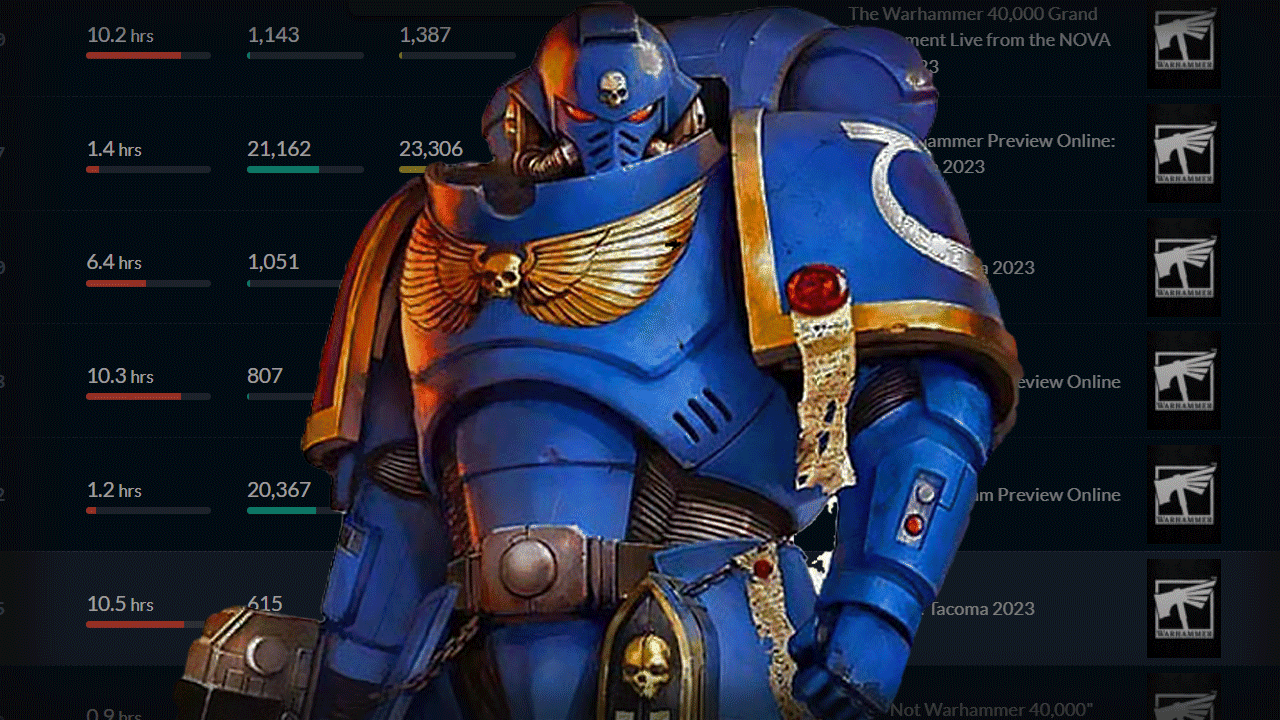


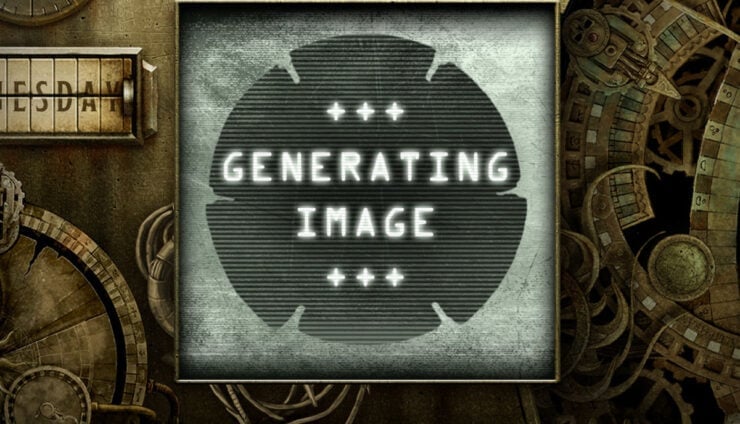

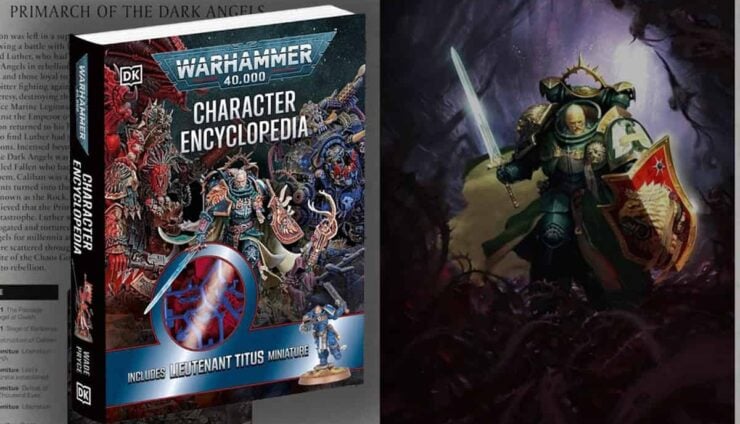

Oh come on, the guy cheated at a freaking silly little game that we all play. He was rightfully punished and put on a 1 year time out, that’s 1/3 of the lifespan of the current edition. I think FLG are spineless cowards for caving in to internet comments which are known to be unhinged and almost never based in reality. The man served his punishment fairly and was given a final warning to never do it again or face a permanent ban. I can’t imagine how it would feel to spend all that money and take time off of work to go to the third world country known as Texas just to be told that even though I served my punishment in full, I still can’t play. He didn’t commit violence, he didn’t espout hate speech, he cheated at dice. I bet anyone that was in his shoes would be furious. I could even see this being grounds for a lawsuit if this player really wanted to pursue that.
100% in agreement here. If you set terms for someone to return, do not back out of them.
Interesting article…and it leads me to personally wonder about where it all goes. Obviously, everyone wants to play an honest, straightforward game, that’s what we all expect, and frankly, deserve. If someone cheats, that should be grounds for “punishment”. But, according to the Powers That Be at FLG, that punishment was served and the “come on in and play” door was opened…But, apparently, that’s not what the “community” wants. “They” want that continued pound of flesh, that scarlet letter (a “C” instead of an “A”) attached to this person…and no one wants to be saddled with playing them based off of comments and suppositions…there’s no second chance, no redemptive quality to the community. You make a decision, a bad one (not excusing it), and you’re going to suffer for it for time. Harsh…not quite the “inclusive, welcoming” group we all thought we’d be…Give the player a chance…they’re under a microscope regardless of what your tournament does or does not do…